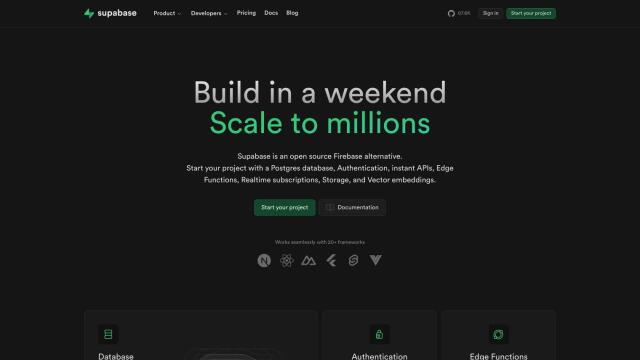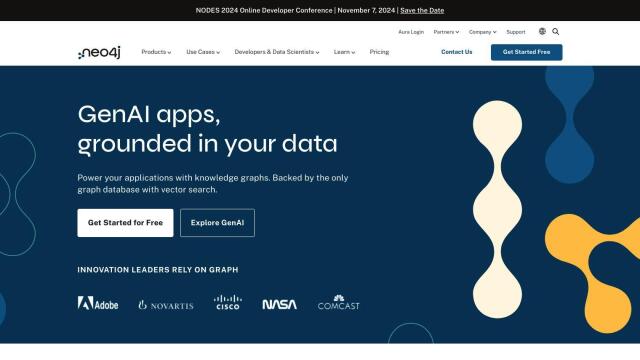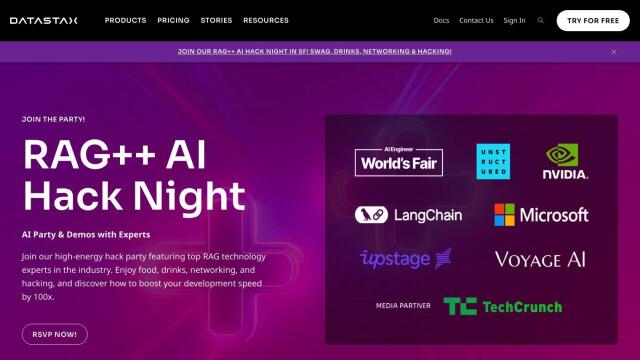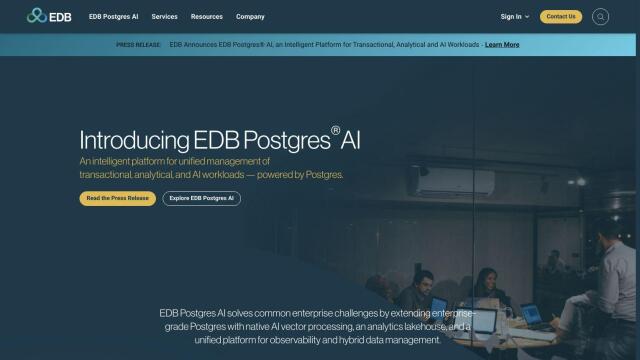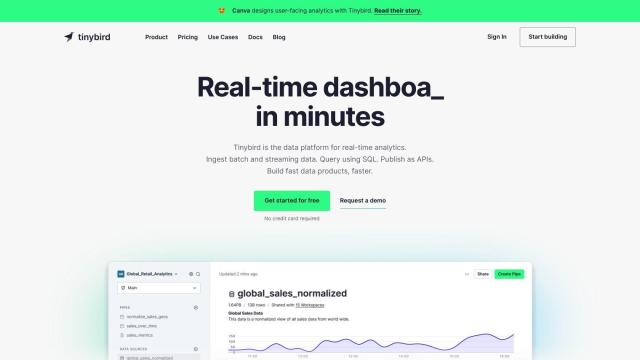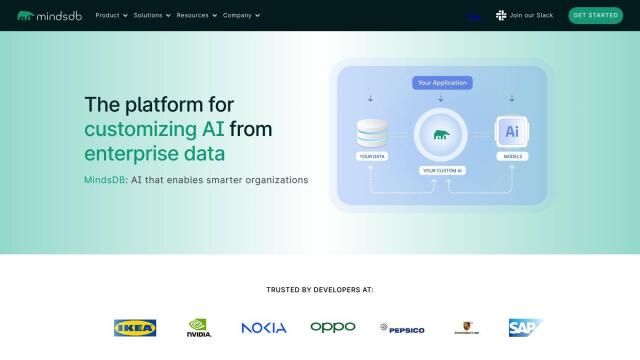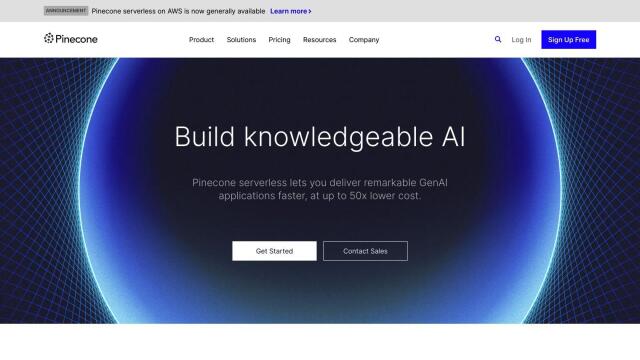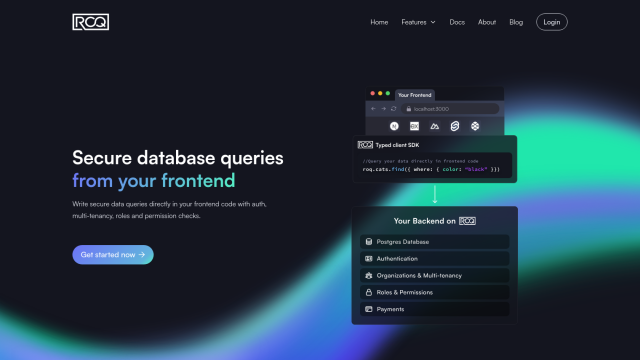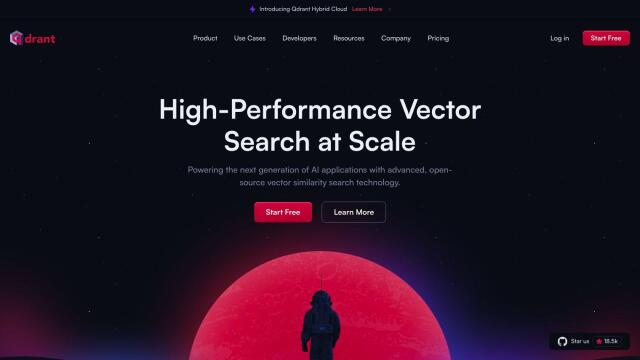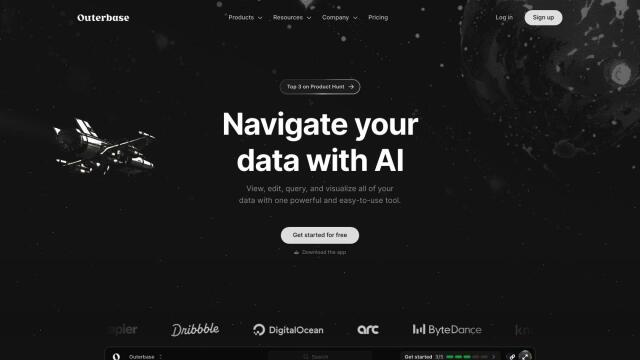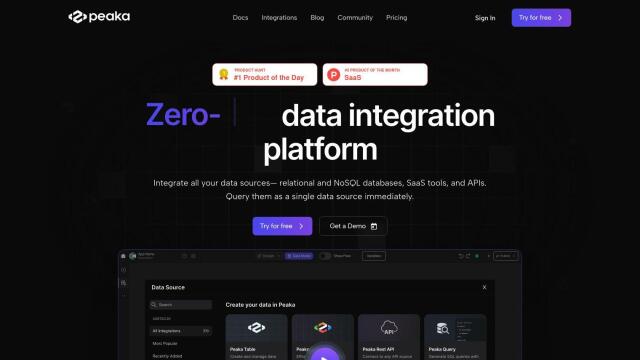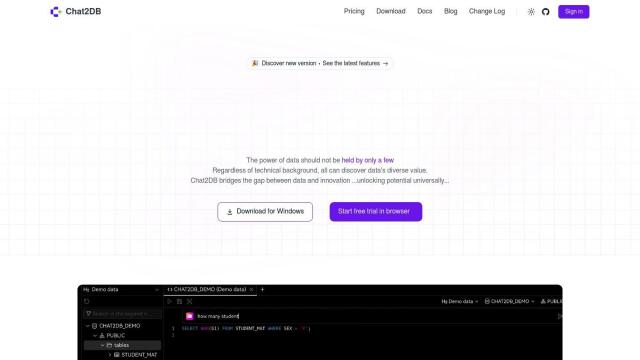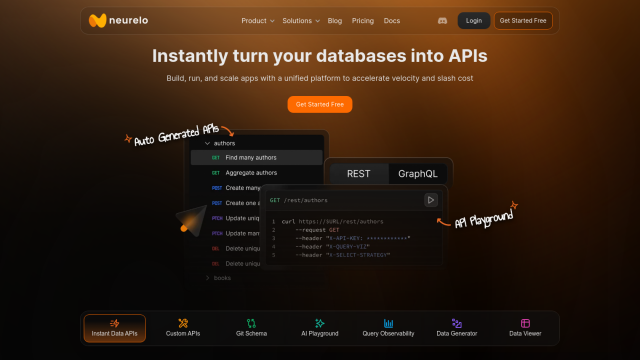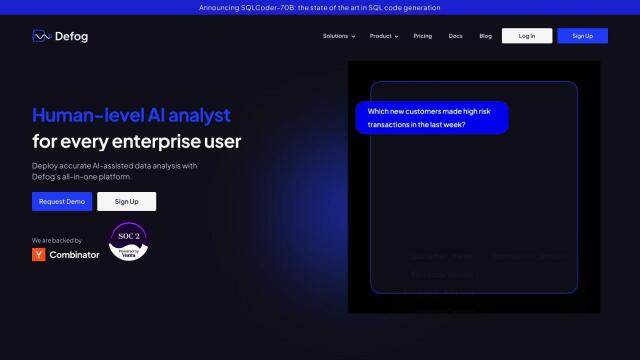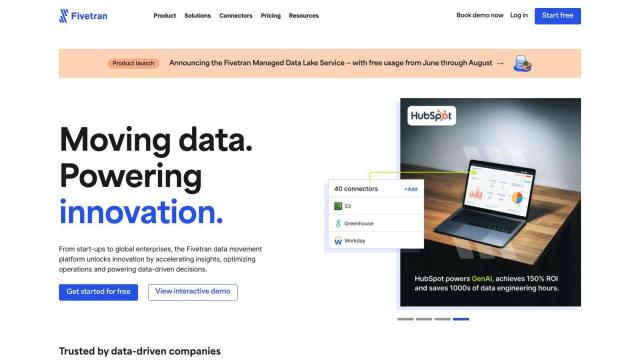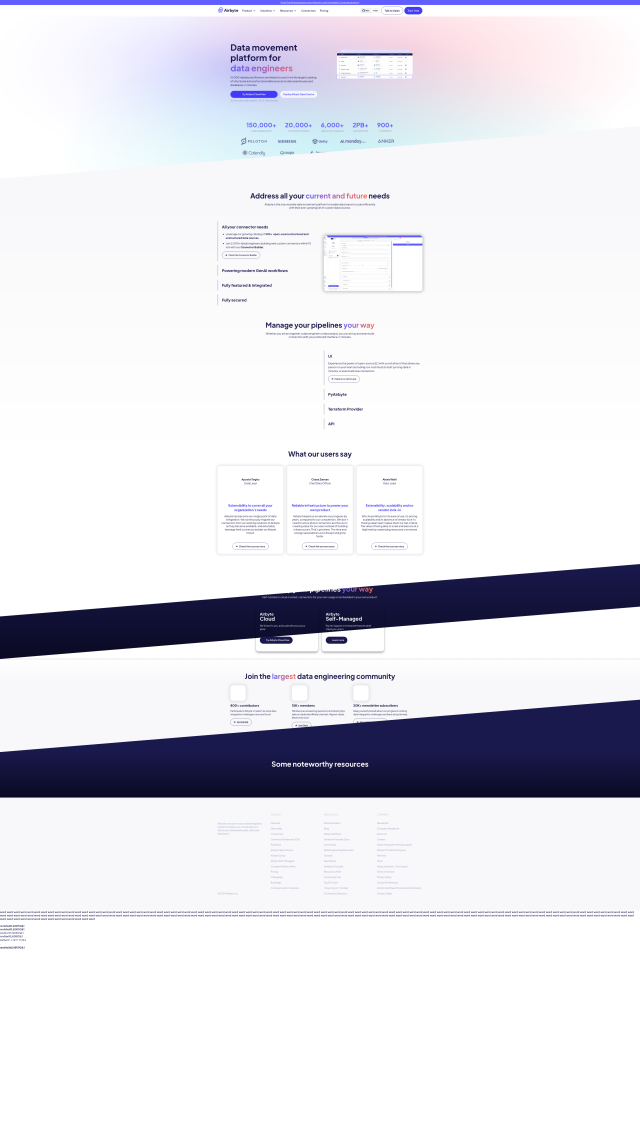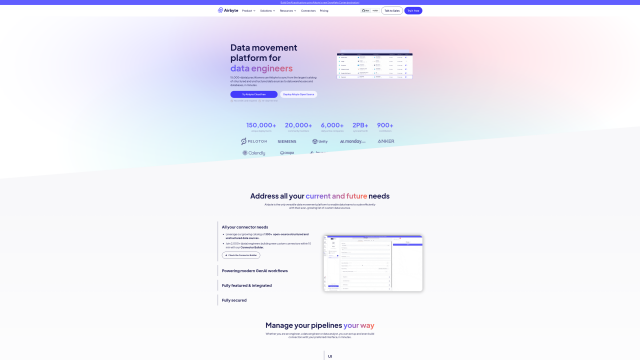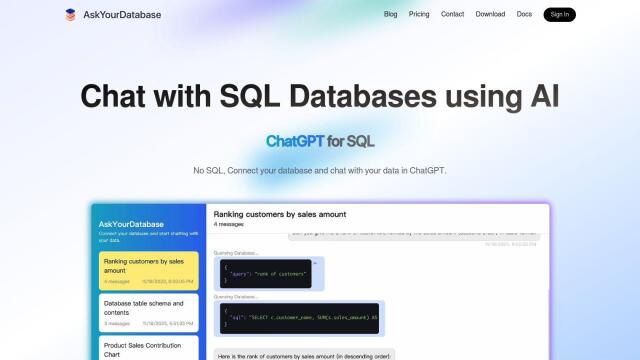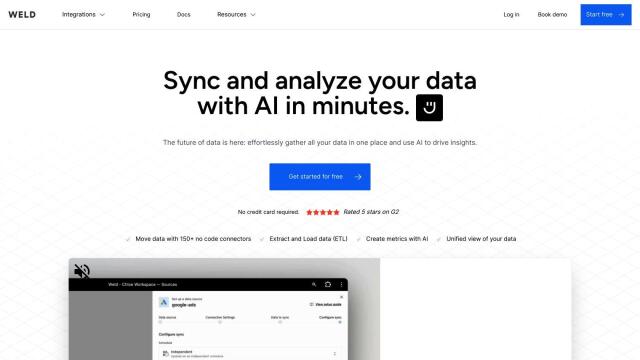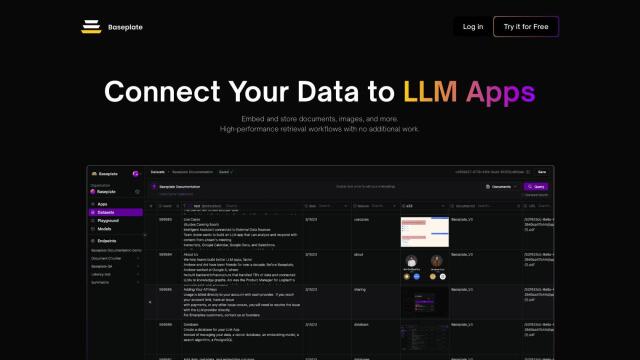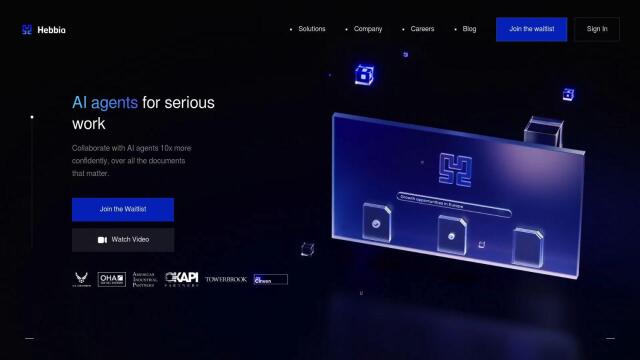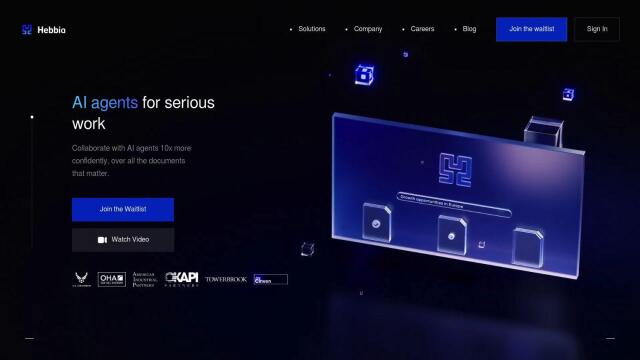Question: I'm looking for a database that can handle complex relationships between data and scale to meet high traffic demands.

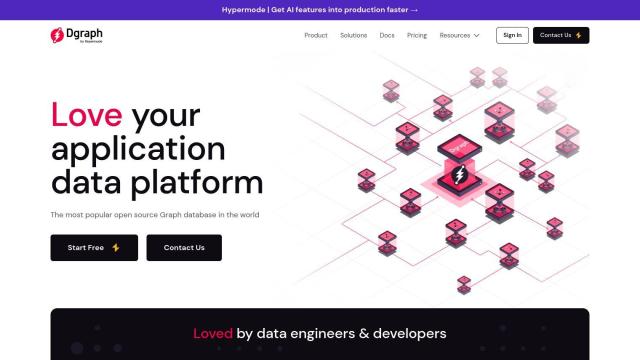
Dgraph
If you need a database that can handle complex relationships between data and that can scale to handle a lot of traffic, Dgraph is a good option. It's a fault-tolerant, distributed graph database that can handle native GraphQL queries for fast development of scalable apps. With high-performance queries, automatic sharding and rebalancing for limitless scale, and native GraphQL support, Dgraph is particularly well-suited for applications that benefit from complex data relationships like knowledge graphs, recommendation engines and process monitoring.

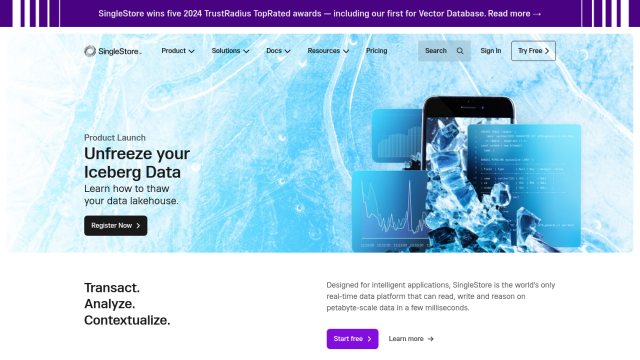
SingleStore
Another powerful option is SingleStore, a real-time data platform that can handle petabyte-scale data sets with a millisecond query performance. It can handle both transactional and analytical data in one engine, supports multiple data models like JSON, time-series and full-text search, and can ingest streaming data at high throughput. That makes it well suited for intelligent apps like generative AI and real-time analytics, with read replicas that scale and a universal store that combines column and rowstore databases for flexible scaling.

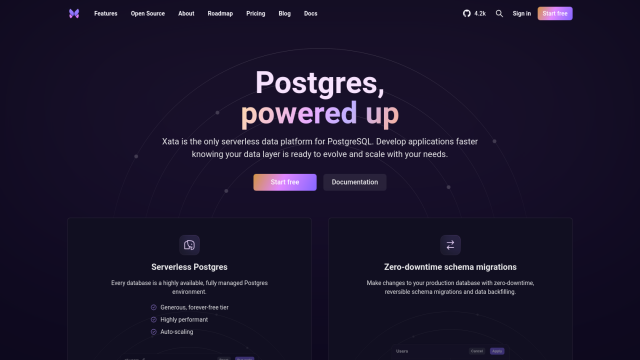
Xata
If you prefer a more traditional relational database, Xata offers serverless Postgres that automatically scales and integrates with AI and Elasticsearch for full-text search. It supports a variety of frameworks and tools, including Next.js, Svelte and TypeScript, and offers generous free tiers with high availability, file storage and AI queries. That makes it a good option for developers trying to fit in with their existing workflow.

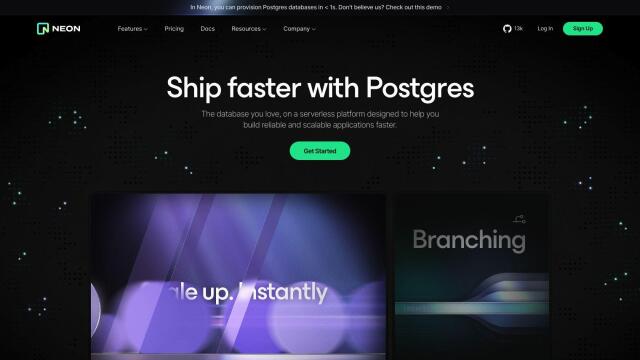
Neon
Finally, Neon offers a serverless platform for building fast, scalable and reliable apps using Postgres. It offers fast provisioning, autoscaling, branching for isolated DB copies, and optimized drivers for fast queries. Neon's architecture separates storage and compute, letting you efficiently allocate resources and supporting advanced features, making it a good option for high-performance and complex applications.

